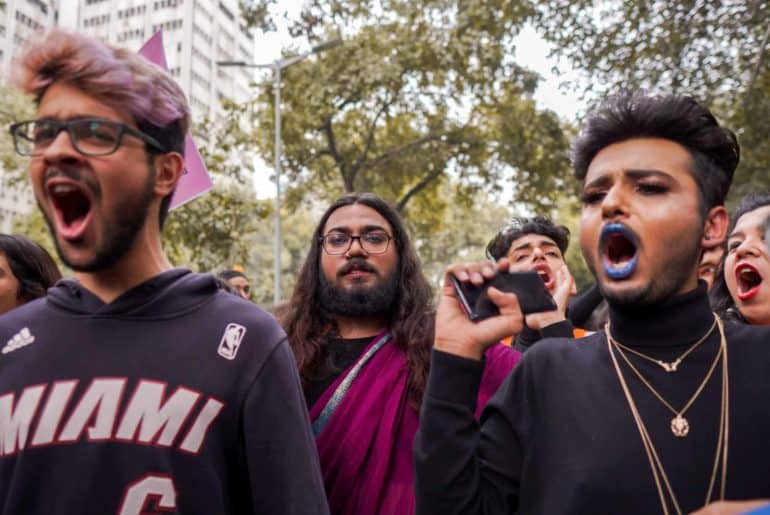We all have heard about how humans have destroyed nature because of our never-ending ending quest to conquer more and rule everything. The world today is concerned about the environment more than ever. But what if someone were to tell you that a man showed this concern more than 165 years ago and people did not pay attention to him.
We have just finished giving our semester exams and if you do remember, in the 1st semester paper of English Communication thejre was a letter sent to the then President of the United States, Franklin Peirce by Chief Seattle (Si’ahl) of the Suquamish and Duwamish people when the US Government forced Native Americans to sell their lands to the government in 1854. The letter had students hooked onto the paper even after the paper ended. The reason, this man predicted each and every fault in the European idea of development which we can see very clearly. First, let’s read it:
“How can you buy or sell the sky – the warmth of the land? The idea is strange to us. We do not own the freshness of air or sparkle of the water. How can you buy them from us? … Every part of this earth is secret to my people. Every shining needle, every sandy shore, every mist in the dark woods, every humming insect is holy in the memory and experience of my people. We know that the white man does not understand our ways. … The earth is not his brother, but his enemy, and when he has conquered it, he moves on. He leaves his fathers’ graves behind and he does not care. He kidnaps the Earth from his children. He does not care. His fathers’ grave and his children’s birthright right is forgotten. His appetite will devour the earth and leave behind only a desert.
One thing we know, which the white man may discover. Our God is the same God. You may think now that you own him as you wish to own our land. But you cannot. He is the God of all men. This Earth is precious to him. And to harm the earth is to heap contempt on its Creator. The white shall pass – perhaps sooner than other tribes. Continue to contaminate your bed and you will one night suffocate in your own waste. When the buffalo are all slaughtered, the wild horses all tamed, the sacred corner of the forest heavy with scent of many men, and view of the ripe hills blotted by talking wires, where is a thicket? Gone. Where is the eagle? Gone. And what is it to say goodbye to the swift and the hunt – the end of living and the beginning of dying”
If you read the letter carefully, you will realise how visionary was Chief Seattle. All of what he predicted has come true. We are not near a climatic catastrophe but instead, we are staring at one. As Chief Seattle said, “Continue to contaminate your bed and you will one night suffocate in your own waste”, we today fight with pollution every day, who knows this better than a Delhi University student itself. We suffocate in the toxic air made by industries and farms without products of whom we can’t imagine our life anyway. But who actually is responsible for this condition of our planet. The answer is rather simple, all of us are the culprits. Be it our endless desire to get new clothes or new electronic gadgets. We today have equated growth with things that are bigger and better. For us, growth has become the act of achieving a bigger house, a bigger car or a ‘need’ of more options to shop. This mass demand has led us to a situation wherein even though we want to better the environment, we just can’t because of the indiscriminate exploitation of nature. We seem to have forgotten that our home is not just the flat or the villa we live in but the whole planet. Just like Chief Seattle said, we are snatching away the right of our future generations to see an Earth which is proud of all its valleys and beaches and not the one which is sick to its core.
It was the humans who are responsible for climate change and therefore it is our responsibility to make our home better. Every task looks massive in the beginning but becomes achievable once started. Therefore, it is our duty to take care of the planet which has given us this life.
“Teach your children what we have taught our children that the earth is our mother. Whatever befalls the earth befalls the sons of the earth. If men spit upon the ground, they spit upon themselves. Humankind has not woven the web of life. We are but one thread within it. Whatever we do to the web, we do to ourselves. All things are bound together. All things connect.”
-Chief Seattle
Feature Image Credits: Lincoln Landscaping
Aniket Singh Chauhan











